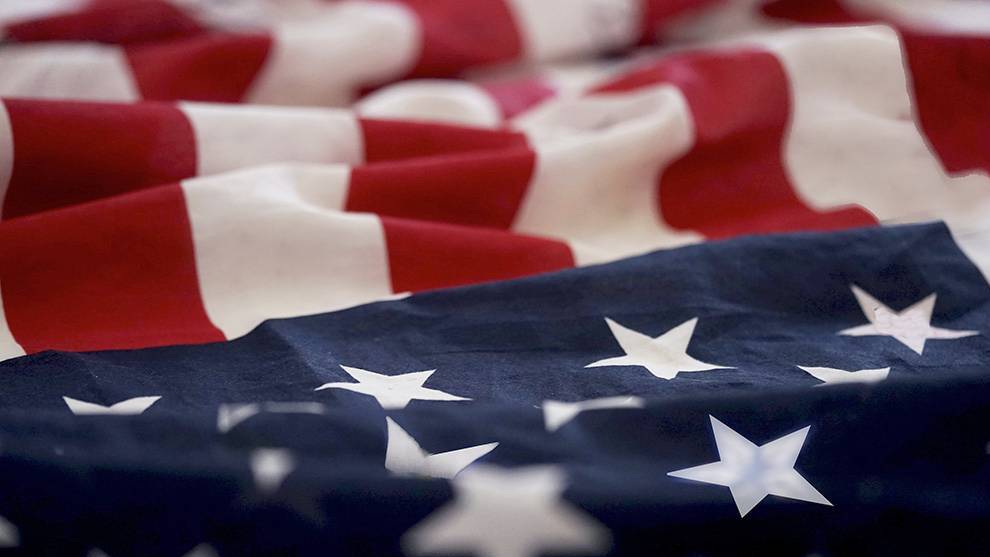The Meaning of Freedom

As I reflect on the 4th of July holiday, I am challenged by the concept of freedom and its relationship to social work. Held as one of the highest ideals of the USA, freedom has become ubiquitous with the “American way.” The founding documents on which this country is based specifically codify the notions of “establish[ing] justice” and “promoting general welfare.”
Applying these ideals to the current socio-political-economic environment of the USA should give us all pause. Are we, as a society, making choices that increase justice and support the welfare of others? Do our policies create and expand opportunities for freedom and independence, or serve to limit and remove those opportunities?
Everyday seems to bring a new report of how the most disadvantaged among us suffer the consequences of decisions made by the most advantaged, constraining our freedoms, rights, and the ability to pursue happiness. Decisions about issues of critical importance continue to be made by a very select few individuals – decisions about access to evidence-based lifesaving and affirming care, women’s health, LGBTQ+ rights, access to higher education, the books we read, what we are allowed to study in school and college, voting rights, racial and ethnic equity, and so many more. And lest we be confused by the political and legal demagoguery around us, remember, an action isn’t just simply because it is legal, nor does the illegality of an action make it amoral.
The Preamble to the NASW Code of Ethics reads:
“The primary mission of the social work profession is to enhance human well-being and help meet the basic human needs of all people, with particular attention to the needs and empowerment of people who are vulnerable, oppressed, and living in poverty. A historic and defining feature of social work is the profession’s dual focus on individual well-being in a social context and the well-being of society. Fundamental to social work is attention to the environmental forces that create, contribute to, and address problems in living.”
In the words of Rev. Martin Luther King, Jr., “No one is free until we are all free.” Now more than ever, social workers and our allies must stand in solidarity against the continuing and cruel onslaught on personal and societal rights and responsibilities.
Truly, what could be more American than the values and ethics of social work; just ask the founders.
Philip Osteen, PhD
Dean and Professor
